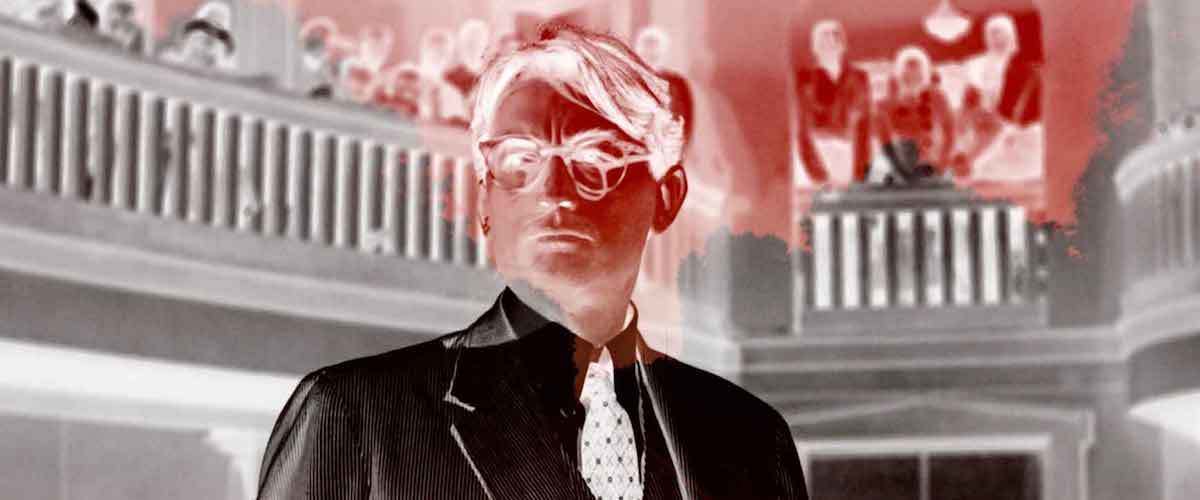Did You Wonder Who Fired the Gun?
Director/Travis Wilkerson
Watched on iTunes
Rating 3.5/5
Travis Wilkerson’s first-person investigatory essay is his attempt to understand the racist roots of his family’s past. Although his great-grandfather killed an innocent black man in Alabama long before the director was born, there exists a single picture of the director as a baby sitting next to the old man, now with the cheerful countenance of a white supremacist who got away with murder. As Wilkerson speculates, he may have killed other black men as well. Such was the moral order of things in the American South of the 1940s.
Wilkerson narrates the tale in a subdued monotone, as if delivering testimony at an inquest. The flat, dry intonation bespeaks a suppressed expression of outrage and of long-buried guilt. His self-reflexive journey is an expiation, a forced reckoning with culpability, that excavates the political divides among his older surviving family members, reminding us that the rhetorical civil war of the Trump era is merely the latest spore emanating from the deep rot that has infested our country since its beginnings.
The challenges for Wilkerson in telling this story are demanding. Beyond that one picture of he and his grandfather, there is little evidence that links the ensuing generations. A few scraps of home movie film, some memories from surviving relatives, the remaining buildings in the forgotten town where the murder occurred; these are the meager visuals the director can access. He records folks who recall some of the details of the crime and the killer, but these interviews are more long-winded than revelatory. He appropriates and colorizes a few scenes from To Kill a Mockingbird and alludes to Harper Lee’s controversial novel, Go Set a Watchman; he plays the Phil Ochs song “William Moore,” about a murdered civil rights worker, which includes a line that becomes the film’s title. Yet, from this scant material, Wilkerson still manages to construct an intriguing textural journal.
He uses repetition to his advantage, replaying a few seconds of smiling home movie footage over and over until we begin to seethe at the fictions white racists tell themselves. His grainy black-and-white images of abandoned structures and desolate street corners suggest the hate still lurking in the shadows. Graveyards, public records, a museum’s African-American memorabilia, all conjure up a kind of viral evil that can never be cleansed.
To reach this private reckoning with his past, Wilkerson asks that we indulge him. This may be a tough sell for many viewers. The filmmaker’s approach could lull you into a mild stupor. I found myself fidgeting, looking forward to a change in tone that never really arrived. As an audience-pleasing takedown of white racism, the movie will not satisfy. But as a singularly driven quest for personal atonement, Did You Wonder Who Fired the Gun? exposes the futility of ever being able to overcome our nation’s original sin. Wilkerson knows he can only surrender to his guilt.

